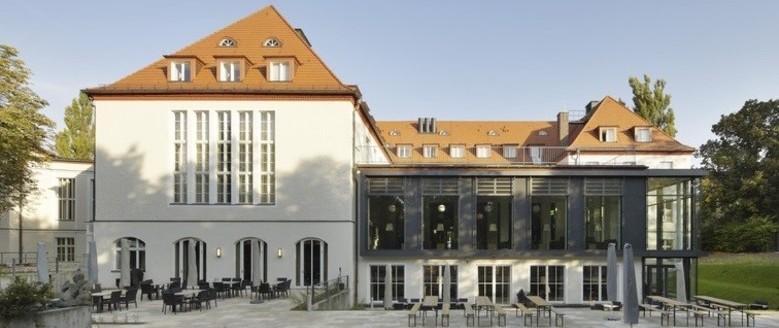
The 15th International Conference on Formal Modelling and Analysis of Timed Systems will take place in Berlin (Germany). The event will be co-located with the 28th International Conference on Concurrency Theory (CONCUR) and the 14th International Conference on Quantitative Evaluation of SysTems (QEST), during QONFEST 2017.
The aim of FORMATS is to promote the study of fundamental and practical aspects of timed systems, and to bring together researchers from different disciplines that share interests in modelling and analysis of timed systems and, as a generalization, hybrid systems.
FORMATS 2017 will be hosted together by the Freie Universität Berlin and the Technische Universität Berlin. The venue will be the Harnack Haus.
Invited speakers
 |
| Laurent Fribourg, CNRS & ENS Paris-Saclay. |
| Euler’s method applied to the control of switched systems |
| Abstract: Hybrid systems are a powerful formalism for modeling and reasoning about cyber-physical systems. They mix the continuous and discrete natures of the evolution of computerized systems. Switched systems are a special kind of hybrid systems, with restricted discrete behaviours: those systems only have finitely many different modes of (continuous) evolution, with isolated switches between modes. Such systems provide a good balance between expressiveness and controllability, and are thus in widespread use in large branches of industry such as power electronics and automotive control. The control law for a switched system defines the way of selecting the modes during the run of the system. Controllability is the problem of (automatically) synthezing a control law in order to satisfy a desired property, such as safety (maintaining the variables within a given zone) or stabilisation (confinement of the variables in a close neighborhood around an objective point).In order to compute the control of a switched system, we need to compute the solutions of the differential equations governing the modes. Euler’s method is the most basic technique for approximating such solutions. We present here an estimation of the Euler’s method local error, using the notion of “one-sided Lispchitz constant’’ for modes. This yields a general synthesis approach which can encompass uncertain parameters, local information and stochastic noise.
We will sketch out how the approach relates with other symbolic methods based on interval arithmetic and Lyapunov functions. We will also present some applicative examples which illustrate its advantages and limitations. |
 |
 |
| Hongseok Yang, Department of computer science, Oxford University. | Morten Bisgaard, GomSpace. |
News
- August, 30th: Session chairs have been added to the programme.
- July, 5th: Local information has been updated and a link to registration is now available!
- July, 4th: A tentative programme is online.
- June, 22nd: Laurent Fribourg’s invited talk is announced.
- June, 16th: The list of accepted papers has been published.
- April, 22nd: Extended deadlines! (May 3rd for the abstract and May 5th for the papers)
- March, 21st: The invited speakers are now announced on the website.
- January, 30th: the call for papers is available. Submissions are open.
- January, 9th: a first version of the website is up and running!